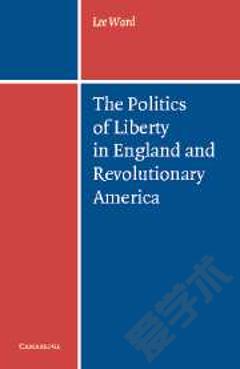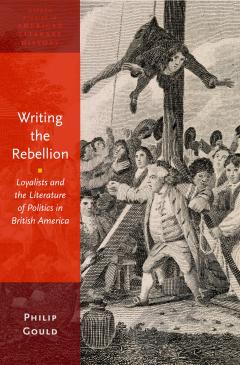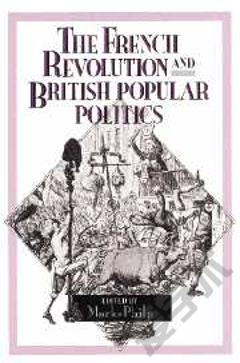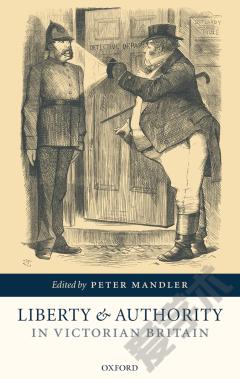The Politics of Liberty in England and Revolutionary America
This study locates the philosophical origins of the Anglo-American political and constitutional tradition in the philosophical, theological, and political controversies in seventeenth-century England. By examining the quarrel it identifies the source of modern liberal, republican and conservative ideas about natural rights and government in the seminal works of the Exclusion Whigs Locke, Sidney, and Tyrrell and their philosophical forebears Hobbes, Grotius, Spinoza, and Pufendorf. This study illuminates how these first Whigs and their diverse eighteenth-century intellectual heirs such as Bolingbroke, Montesquieu, Hume, Blackstone, Otis, Jefferson, Burke, and Paine contributed to the formation of Anglo-American political and constitutional theory in the crucial period from the Glorious Revolution through to the American Revolution and the creation of a distinctly American understanding of rights and government in the first state constitutions.
{{comment.content}}








 京公网安备 11010802027623号
京公网安备 11010802027623号